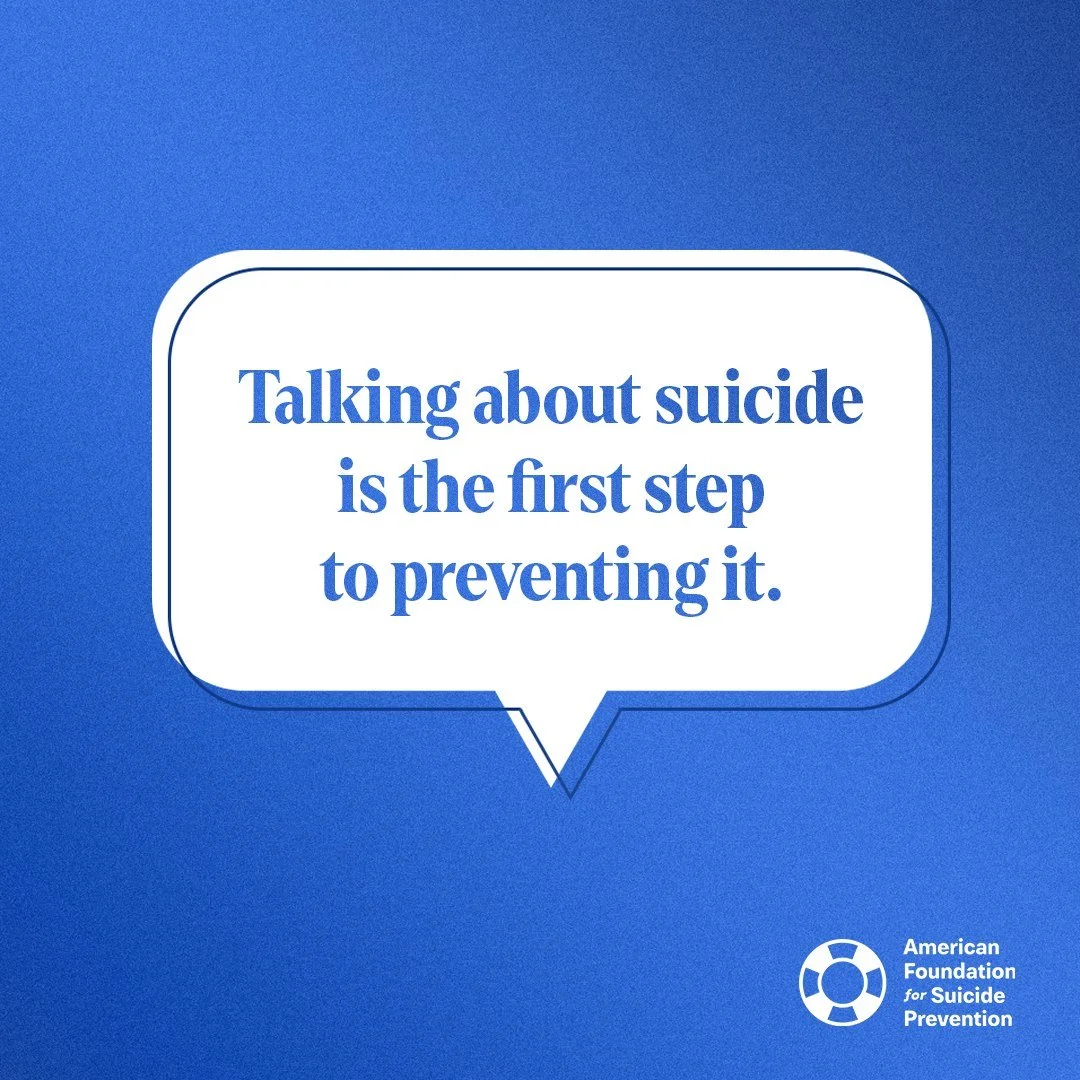
Blog
Suicide Prevention and Awareness
September is National Suicide Prevention and Awareness Month. According to the American Foundation for Suicide Prevention, suicide is the 11th leading cause of death in the United States.
What Are The Benefits Of Group Therapy?
Research has shown that group therapy is effective at treating a variety of concerns such as anxiety and depression.
What is Trauma Bonding?
Trauma bonding may sound like two people connecting over a similar difficult experience. In actual fact, trauma bonding refers to the attachment someone feels toward someone who is being abusive or causing them harm.
Disordered Eating
Disordered eating involves behaviors and symptoms similar to eating disorders but with less severity and frequency, often including dieting. Dr. Nicole Cross will be leading an in-person, 12-week, Eating Disorder Skills Group starting on September 20, 2024 open to individuals with disordered eating and body image concerns.
What Is Generational Trauma? Causes, Examples, and Breaking the Cycle
Generational trauma is trauma that extends from one generation to the next. We review some examples and discuss how to break the cycle of generational trauma.
DBT for Teens: What is it and How does it Work?
Dialectical Behavior Therapy or DBT for teens can effectively treat a range of mental health concerns including depression, anxiety, and substance abuse.
Big T vs. little t Trauma
When discussing trauma, some people talk about Big T trauma and little t trauma. Here's how they differ and the potential effect they can have on you.
Stretching Distress Tolerance
It is natural to want to avoid unpleasant or uncomfortable feelings and physical sensations, to think of them negatively, or to try to make them go away. For example, if I feel embarrassed, I might think, “I hate feeling this way.” Or, if I feel anxious or am in physical pain, I might think, “This feels awful. I need it to go away.”
What is Gaslighting and How to Respond to it?
According to Dr. Elisabeth Kubler-Ross, everyone experiences five stages of grief. Understanding these stages may shine some light on emotions you may be experiencing after a loss.
Decrease Reactivity: Pause and Tune Into Internal Experience
Emotional reactivity refers to the frequency and intensity of emotional arousal. It includes the threshold and ease with which someone becomes emotionally aroused and the intensity of emotional experiences. For example, someone who becomes irritable very quickly and easily and experiences high irritability may be emotionally reactive.
How to Communicate Effectively
The holiday season is often filled with social gatherings with family, friends, and colleagues. Interpersonal interactions are not always smooth and conflict-free this time of year, particularly with the stress of the holidays. One way to improve socializing is to practice effective communication skills.











